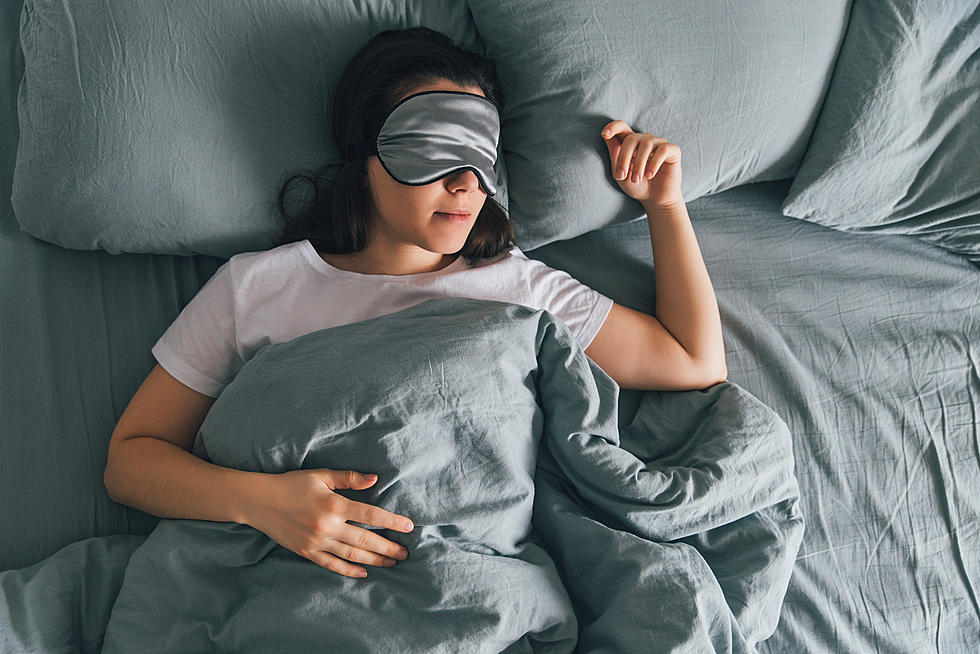
Possible Link With Frequent Napping and High Blood Pressure/Stroke
It seems like every other week another study comes out contradicting another study that has come out recently. We see benefits being touted about coffee, red wine, beer, and other drinks, then we see that those same things are really bad for you. We have heard about the benefits of taking a short nap during the day, then we also hear that if you are taking frequent naps it can be bad for you. And sometimes those reports are conditional on how long those naps are. If it's like 10-20 minutes it's beneficial or it has to be at least an hour or it's no good at all. Can we get on the same page?

Just this week a study has come out from WebMD stating that if you are taking frequent naps, like daily, that it can be harmful. This habit can increase your blood pressure and even possibly lead to a stroke.
Apparently what the actual problem is that people that nap frequently... like daily... aren't getting enough sleep at night. That is the actual problem. People who don't get enough sleep at night are putting themselves at more of a health risk then people who get enough sleep at night and don't need a daily nap. If you are just napping occasionally that isn't a big deal.
How much sleep do you need at night? That varies from person to person. And also varies on the age of the person. When you are younger you tend to need more sleep than you do later in life. But that also isn't the same for every single person. This is a general statement. Usually people know how much sleep they need each night. If you aren't getting enough sleep, obviously there needs to be a schedule change. Or ways to control anxiety that may keep a person awake during normal sleeping hours.
KEEP READING: 15 Natural Ways to Improve Your Sleep
Goosebumps and other bodily reactions, explained
More From AM 1240 WJON
![St. Cloud Fire Promotes Eight Officers – [PHOTOS]](http://townsquare.media/site/67/files/2024/04/attachment-oath.jpg?w=980&q=75)








